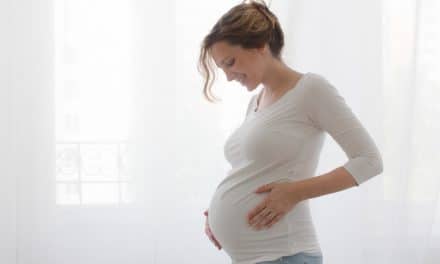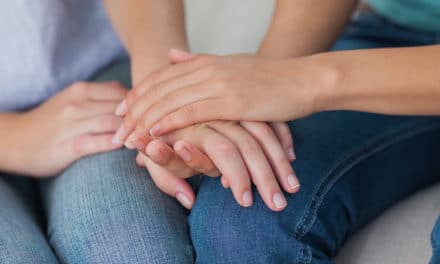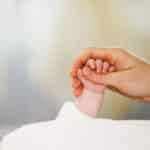If you want to be mother and you’ve been advised to go for an egg donation treatment, or if you don’t rule this possibility out, it’s normal to have many questions about it: which are its success rates? How will my donor be? How long does it take to find a suitable one? What does the screening consist of? And the matching? Will I take a hormonal treatment, or won’t it be necessary?
Doctors know that, even if each case is different, there are many repeated questions during consultations, because they regard general matters or aspects of the process development which are important to know in order to start the treatment without worries.
That is why, either if you are starting an egg donation process or if you simply need more information about it, we offer you an on line practice with Dr Elisabet Clua, responsible for the Eggs and Embryos Donation Program who will answer all the questions we will receive this month as a comment to this post.
Any doubt? Leave your comment below.















Hi there
I would be interested to read about all the questions asked above!
We are still hoping to conceive with my own ‘egg’ but I would still appreciate more information about other options.
Thank you
Rachael
Dear Rachael,
First of all, we thank you for participating in our blog. Please find below the answers:
Which are its success rates?
Our success rates are around a 60-65% in the first attempt with an average of 10-11 inseminated oocytes. The birth rate is 45%
How will my donor be?
The donor must have the maximal physical similarity to the patient (hair and eyes colour, face shape, nose, mouth, height and BMI) as well as the blood group and the Rh.
How long does it take to find a suitable one?
It depends on the donor’s features, but we usually find a match in a month (there are some exceptions).
What does the screening consist of?
Personal and family anamnesis, psychological evaluation, gynaecological consultation (physical exam, Pap Smear test, chlamydia’s testing), full blood test including serology as HIV, Hepatitis and Syphilis (which is done to detect a possible infection prior to the donation), karyotype, the recessive genetic disorders test (Qcarrier test) and an electrocardiogram.
And the matching?
They are considered both the physical features and the genetic suitability between the donor and the recipient’s partner. That is why the partner should perform the recessive genetic disorders test as well. For single recipients, we use donor’s sperm and it is also considered the physical characteristics and the genetic suitability for the matching.
Will I take a hormonal treatment, or won’t it be necessary?
It is necessary to take a hormonal treatment in order to prepare the womb for a synchronic cycle. It is also possible to carry out the treatment with a natural cycle (if the patient ovulates and has regular menses), however it will be necessary to freeze the embryos previously.
Please, feel free to contact our International Department for any further information you may need at 0034 932 274 896 or the email address international@dexeus.com
Have a nice day!
Thank you for sharing the complete information of the Egg Donation. The article has a lot of information to read.